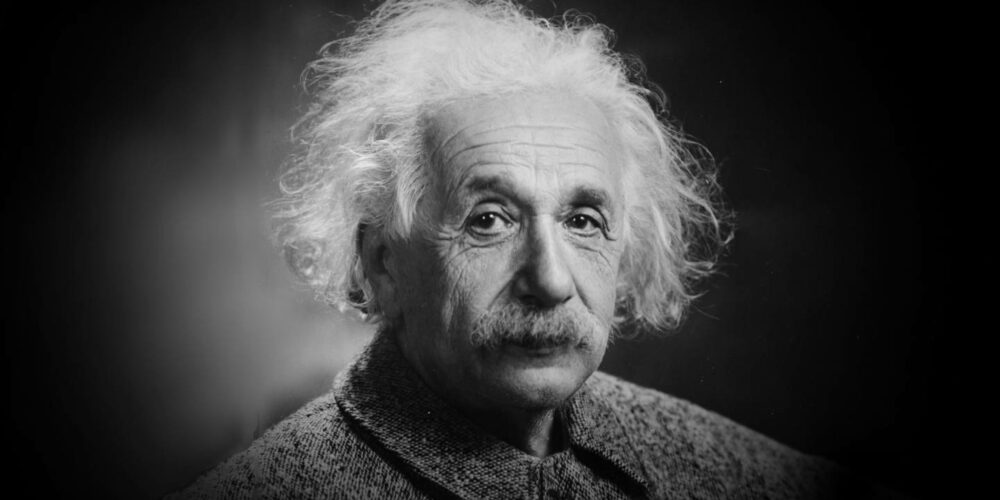Comrade Carroll (Socialist Voice, April) provides an excellent analysis of the role of theory. However, a few points of addition.
The concern with Marxism is perhaps not so much theory but science. A central claim of Marxism is that it is scientific. Characterising science is its method: the systematic study of the structure and behaviour of the external world through observation and experiment. Science builds knowledge through testable explanations and predictions. It contrasts with prejudice, superstition, personal opinion, and subjective political beliefs. Indeed the scientific method offers a superior and disciplined form of explanation and prediction to all these alternative sources of belief.
Classical Marxists strove to adopt a scientific method in their work. They attempted systematic study, observation and advancement, in many cases, of testable explanations and broad predictions about the world. In that regard, their theories were broadly scientific.
Christians have theories about what happens in the “afterlife,” but those theories are not amenable to the scientific method—and, as such, their theories are not scientific.
In advancing testable explanations and predictions about the world, the scientific method is committing itself to revisionism. Although embraced in scientific circles, revisionism is a dirty word in leftist political circles. Revisionism in science is commonplace: derived from the limitations of an existing theory or hypothesis in predicting or adequately explaining the evidence.
Revisionism is how science fundamentally proceeds and, through its operation, produces seismic changes in the relevant field of thought. Revisionism throws out not just mistaken ideas at the margins but also long-standing fundamentals—Einsteinian relativity theory displacing the fundamentals of Newtonian theories of time and space in physics.
What is the point? If latter-day “scientific socialists” wish to have claims to scientific status taken seriously, they need to do several things. They need to develop their understanding and appreciation of contemporary scientific methods and techniques as they apply to the social world. They need to learn what constitutes valid and reliable claims to knowledge, and how to gather such knowledge objectively. They need to respect the evidence—even when it returns answers one does not expect (or politically like)—and reject theories that do not rigorously explain or predict social behaviour.
This approach to the education of the scientific socialist stands in contrast to those who would instead rely on “class instincts” or “experience formed in struggle.” Political experience or class instincts are not a claim to knowledge in the scientific sense. The experience or instincts of one individual are not a claim to general scientific knowledge. Remember that the intuition of one uneducated in science when they look to the sky is to imagine that the sun moves round the earth. Scientific knowledge based on law-like generalisation acquired through the laborious abstracted study of astronomy and physics proves sense perceptions or sense-experience wrong, offering a counter-intuitive but true account.
A good education for the contemporary scientific socialist should be to base it on the scientific method of social science as found in political science and economics, apply the process to questions of social importance, and generate hypotheses for action and social change. We can then assess such predictions through experience and evidence. Such analysis provides the basis for prescriptions for action; political actions are revised accordingly when at fault or not delivering tangible impact for the party, rather than clung to for personal or ideological reasons.
Such training does not mean repeated navel-gazing into the works of nineteenth and early twentieth-century archaic political tracts—arguably an unfortunate trend of continued political education, closer in spirit to the seminary than the “scientific lab.” Nor does the scientific method of Marxism mean selecting opinion pieces and articles from random web sites simply because they provide messages that appeal and comfort.
Scientific training would not be for everyone, but not everyone can be a “scientific socialist.” To quote the main man himself: “There is no royal road to science, and only those who do not dread the fatiguing climb of its steep paths have a chance of gaining its luminous summits.” However, without science to guide action, communists fumble in the dark as ethically motivated socialists with intuitions drawn from canonical texts of centuries past or idiosyncratic experience that has no claim to knowledge at the general level demanded by true scientific socialism.






